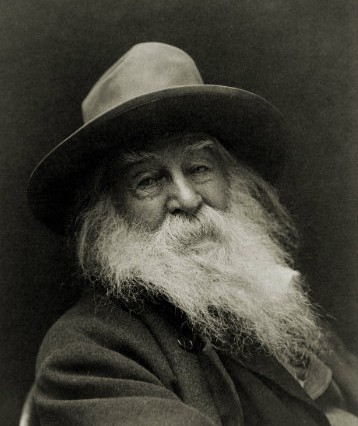Introduction
This 1865 poem by Walt Whitman dwells not on concrete details of battlefield experience remembered, but on larger philosophical and religious themes of purification, reconciliation, and redemption. What is the “Word over all” that the speaker invokes at the beginning of the poem? What does the speaker find “beautiful” regarding the carnage of war and “this soil’d world”? What is the connection between those thoughts and the sight of his enemy in the coffin? How does he regard that enemy now, and why? What, according to this poem, makes reconciliation possible?



Post a Comment